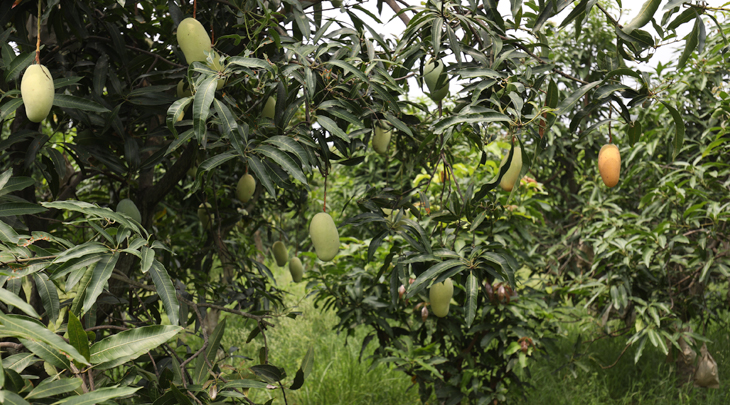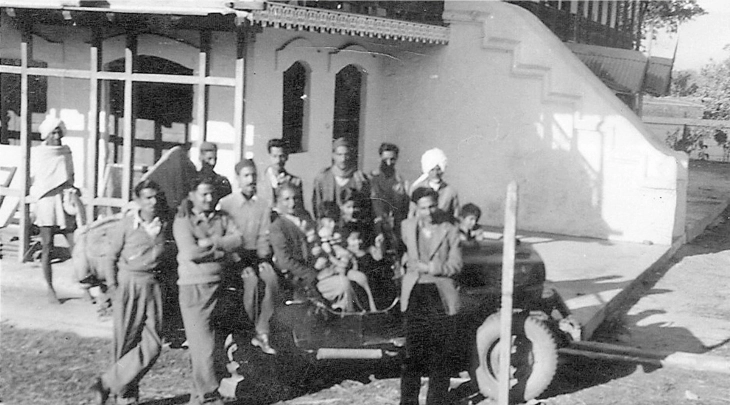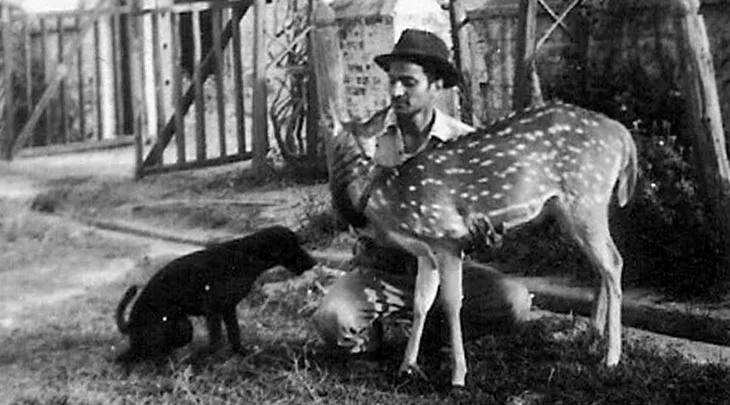Aamram is the brainchild of Deep Belwal of Belwal Farms in Ramnagar, Uttarakhand. At Aamram, we strive to create an ecosystem where the farmers enjoy the freedom of choice to sell their produce directly to consumers, in turn ensuring that the consumers get the freshest and best produce at their doorstep. We provide a facilitative platform for farmers' produce outside the physical premises of markets. It assists remunerative prices through competitive alternative selling to promote efficient, transparent and barrier-free commerce, thus, establishing an environment for fair trade practice.
Aamram and Ramnagar are intertwined in their growth, and so is the Belwal Family. Their forefathers were one of the first families to shift into the town of Ramnagar back in 1860. They travelled 60 km downstream of the Kosi river from a place called Amale. As agriculture took hold, the area was found highly suitable for fruits and vegetables. Today, Deep Belwal and his nephew Aditya Belwal, the fourth & fifth generation, are carrying forward the legacy. They grow some of the finest mangoes and lychees in Uttarakhand, and Aamram intends to share the bountiful nature of Ramnagar’s fruits with the rest of the world.











